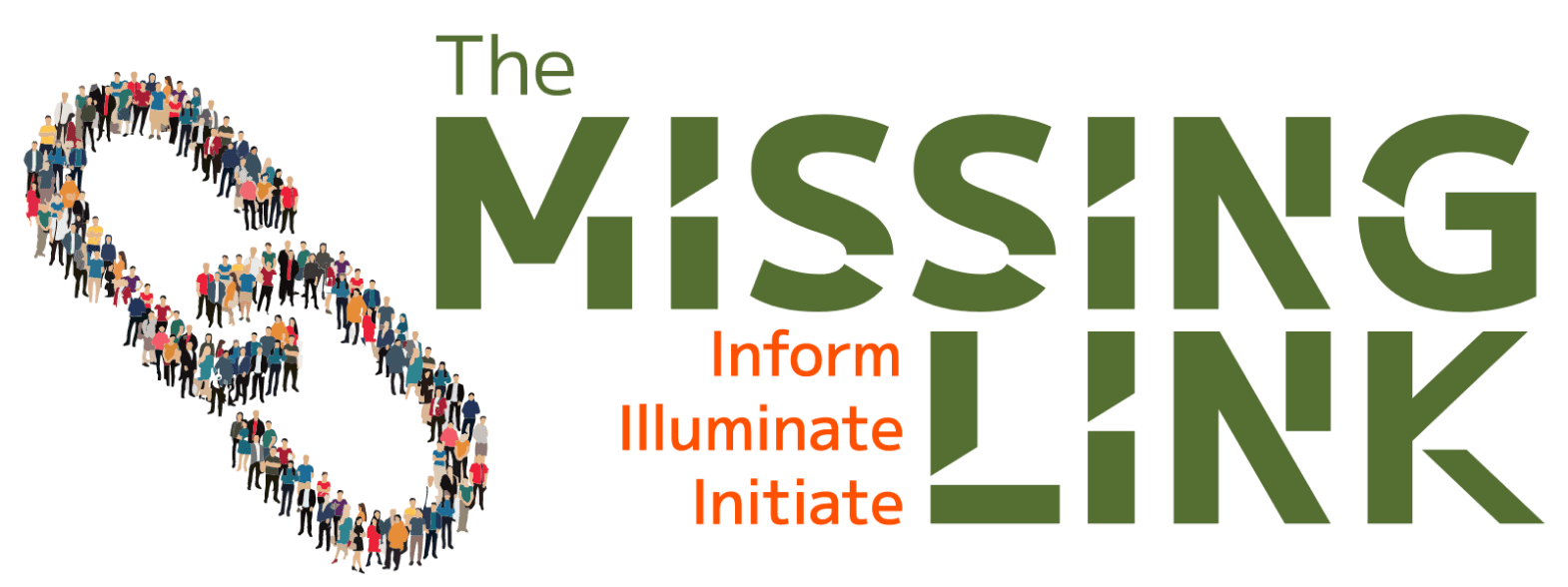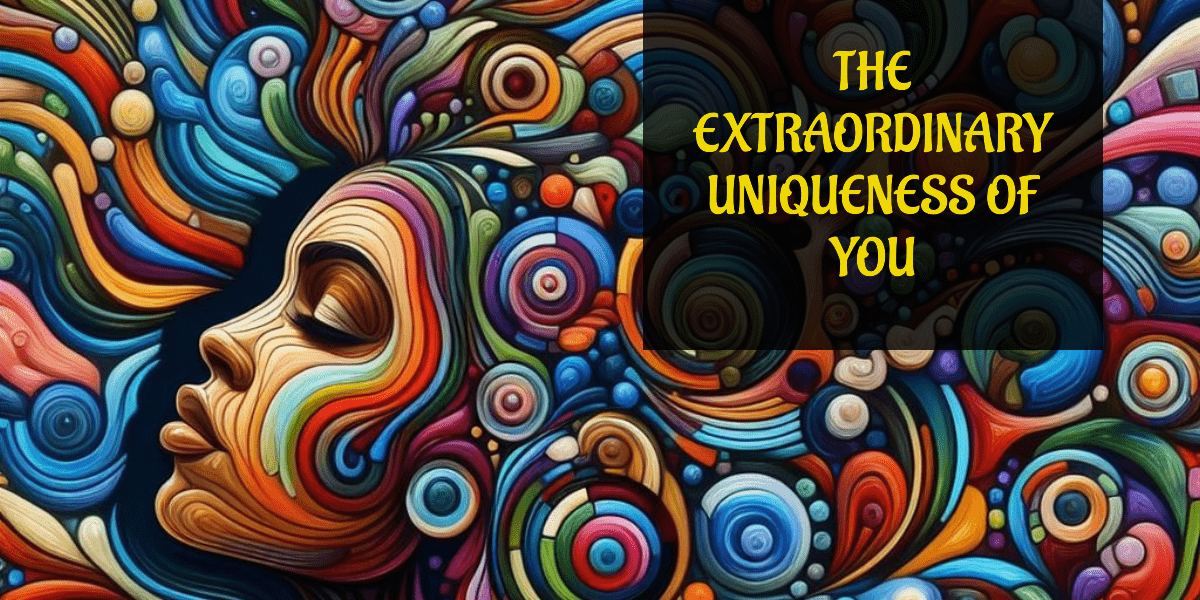My dear friend KG messaged me, asking if I could contribute an article for our college e-magazine. The conversation went something like this: “I know you are lazy, so try something over this weekend, da.”
I tried to reason it out with my dear friend, explaining that I would need at least a quarter or so to write something meaningful. If that wasn’t possible, I told him I might be able to copy the recipe for Challah bread from The New York Times, which I have been making for my weekly Sabbath – the Jewish day of rest from Friday evening to Saturday evening (a time to escape from any activity at work or home, which I wholeheartedly embrace), or Mussakhan, my new favorite dish because of a special spice from the Middle East called Sumac (this is in solidarity with all the innocents dying and being displaced in the horrific conflicts in the Middle East). I strongly believe that if any human suffers on this planet, we all suffer.
So, when I sat down to write the article, after contemplating whether to take an afternoon nap, have something to eat, or watch a movie or TV show, this comment about laziness was still echoing in my head. It’s not just KG who calls me lazy. My mom always affectionately called me lazy, my dad always called me lazy – not endearingly, my sister still calls me lazy, either endearingly or not, depending on her objective. My grandparents, my extended family, my wife, my son, and my daughter all have one version or another of my laziness; let’s not even talk about work or my various therapy sessions and medications.
Where does my laziness come from? Obviously, I didn’t choose to be lazy. Perhaps it started when I used to enjoy listening to Kirupanandha Variyar, a jolly plump Tamil philosopher. It may have started then. This translated to loving Aristotle and other Greek philosophers, then to Mahavir and Buddha in our textbooks, then to our college sermons. The only actual hard physical labor I remember doing was untying the cows when my grandmother asked me to, to feed them cottonseed breakfast, which they absolutely loved, and as soon as I untied them, they would go running to the feeding tub. As you can see, the common thread is that I am lazy; I have always been lazy and may actually be proud of my laziness! So, let’s explore how this laziness is so unique to me and why nobody else has my kind of laziness.
I didn’t even choose my biology or the environment. My parents gave me my DNA (let’s call it lazy DNA), which had a 20% effect; because we have only 20% of the genes that code for amino acids/proteins, and the remaining 80% is triggered by the environment through transcription genes. How many of these “lazy” proteins, maybe just dopamine, serotonin, endorphin, or oxytocin, to just be happy for who I am. The remaining 80% of the transcription genes decide what to make, when to make, how much to make, etc.
Like all of you, I am a carbon-based life form. My brain is made of fat, protein, carbohydrates, salts, and water. Neuroscientists tell us that if they hook you up to FMRI (Functional Magnetic Resonance Imaging):
- They can tell approximately 300ms before you take action, what action you are going to take based on what neurons are firing in your conscious brain.
- Up to 10 seconds before even your conscious brain knows what actions you are going to take, scientists can tell you what actions your subconscious brain neurons are going to trigger in the conscious brain, by the blood supply being routed to neurons of your subconscious brain.
- The hormones that the blood carries to the neurons were produced a day or a week or … so ago based on what you ate – tasty biryani for dinner or the leftovers you ate grudgingly from a couple of days ago and whom did you praise or blame. If you grew up in a strong patriarchal society, men would have praised or blamed your women – mom, aunty, wife, daughter…; otherwise, you would have blamed yourself on why you did not make food for the family and being a scavenger for your entire life waiting for others to make food.
- It goes back to how your parents raised you, what ethos they raised you with, and how constructive/dysfunctional their relationship was when you were growing up. Were they equal partners or did your dad dominate; women are always on the receiving end, sigh.
- It goes back to how attuned your mother was to your needs when you were this adorable little baby with big puppy eyes and cute (stinky) bottom cheeks.
- It goes back to how your parents were raised by their parents.
- What culture were you raised in? Patriarchal? All our modern cultures are patriarchal; but how much patriarchy varies by culture. When we were hunter-gatherers, we were not all patriarchal, and we spent ~200,000 years before inventing farming.
- What environment were you raised in? Tropical happy Kerala or semi-arid Tamil Nadu or coastal Andhra. (Did you ever think Malayalis are generally easygoing; Andhra people were driven/high performers and Tamils were in-between?) Why did all tropical regions create polytheism and all desert regions create monotheism? … 100,000. It goes back to before the invention of agriculture, which hunter-gatherer tribe your ancestors belonged to and how they collaborated. … 1,000,000. It goes all the way back to how humans evolved from common ancestors.
14,000,000,000… you get the point – it goes all the way back to the big bang as far as we know.
Our entire past, present, and future are “deterministic.” Our bodies make the decisions, but let us think we are making the decisions; but we really don’t. This is what neuroscientists are contending with – why we think we have free will?
There is absolutely no difference between me, you, the puppy dog waiting beside you, or the cow that was waiting for the cottonseed meal signaled by this little dark boy, who gives them hugs, nuzzles in the late afternoons, and kisses on their wet nose before untying them. So, I proudly embrace my laziness, hugs, curiosity, love for every living thing on this planet because of the big bang that started who I am in this moment.
All I know is I am extraordinarily unique. You and every one of us are extraordinarily unique. Deeply love people on the fringes – be it a drug addict on Venice Beach in sunny California or panhandlers at Massachusetts and New York junctions, or handicapped beggars in front of Thiruchendur Temple or Vellankanni Church in Besant Nagar, or … just absolutely love everybody; particularly the people on the extremes. They have this extraordinary kindness and capacity to understand all the living things on this precious planet. If you were to trade places, you would be that drug addict, panhandler or the beggar. If you are doing well now, you just lucky that you grew up in a good neighborhood, drugs were not the only ones to choose from or ICE (US Immigration and Customs Enforcement) did not knock on your door to arrest your parents, etc.
There was nobody like you ever before or now or ever will be. So, be yourself; but always be kind to yourself and every living thing on this extraordinary earth. Do not look back, never regret (learn, but understand that you couldn’t have done anything different), look relentlessly forward, and take the very best step that you can take without seeking any personal gain or loss, or recognition or repudiation. It is actually a simple, happy life!
One favor to ask of you before I close this writing and slouch on my favorite Brasilia Chaise – in the future, in ~20 years, if a sanyasi knocks on your door for food, give him a broad smile, serve him tasty food (keeping in mind he might be a picky eater and does not like spicy food), something healthy and crispy, and offer him hugs. He is lazy, loves hugs, and takes a bath every day; but the big bang set him to be there in front of your door for food!
Remember, everyone is extraordinarily unique!

